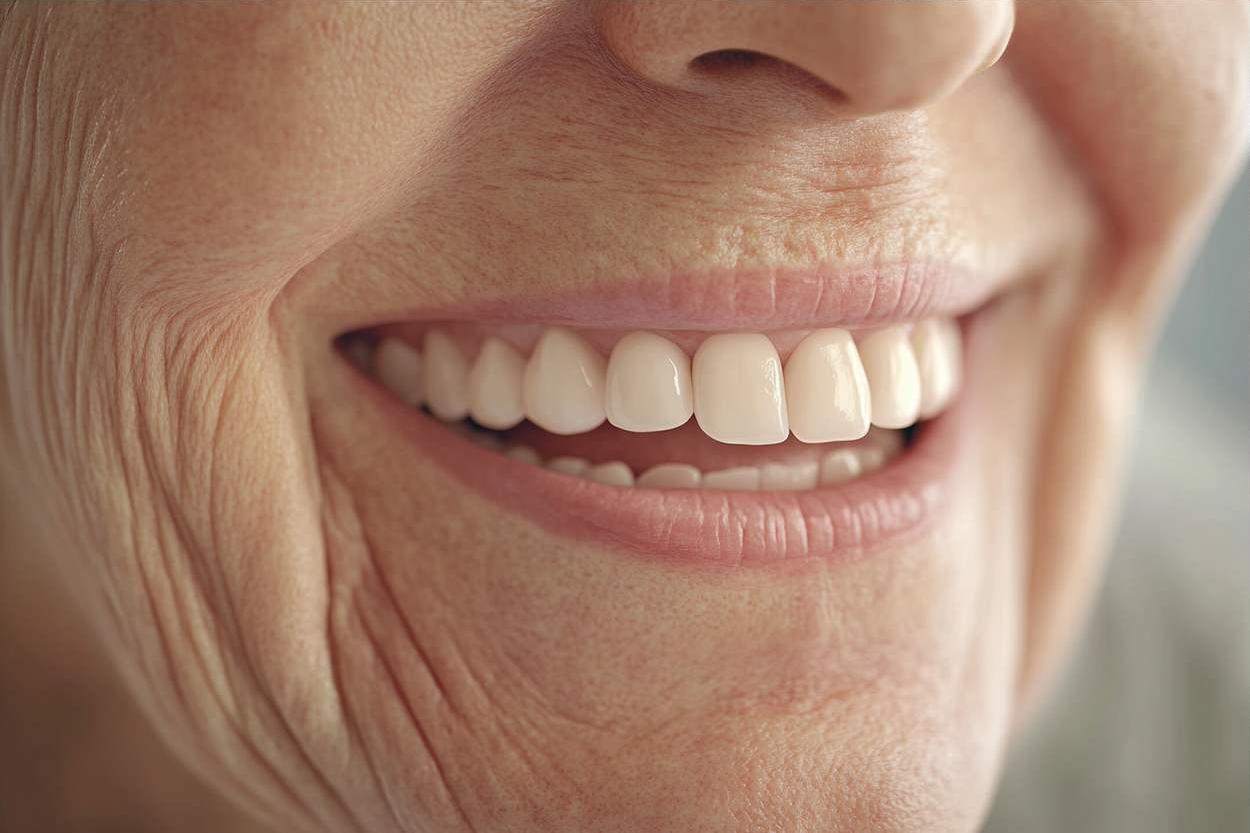Understanding the Hidden Impact of Anxiety on Modern Society
Anxiety disorders are among the most prevalent mental health conditions worldwide. According to the World Health Organization, nearly 264 million people globally suffer from anxiety. This number has been on an upward trend, with stressors from our modern world playing a significant role. The impact of anxiety on individual health and societal wellbeing is far-reaching, affecting productivity, relationships, and overall quality of life. Delving into the depths of anxiety, its roots, implications, and modern trends can help in better understanding this complex condition and fostering a society capable of responding effectively to it.

Tracing Anxiety Through the Ages
Anxiety is not a modern invention. It is deeply rooted in our evolutionary history. Our ancestors developed anxiety as a survival mechanism to respond to threats in their environment. The ‘fight or flight’ response, a hallmark of anxiety, was crucial in enabling early humans to perceive and react to dangers, such as predators or hostile tribes.
However, the nature of threats has changed dramatically over time. Modern stressors are more psychological than physical, triggered by factors such as work pressure, financial stress, societal expectations, and the constant influx of information through digital media. Our bodies react to these modern stressors in much the same way as our ancestors reacted to physical threats, leading to chronic anxiety states that can adversely impact health and wellbeing.
The Global Rise of Anxiety
The ubiquity of anxiety disorders is startling. The World Mental Health surveys show that 1 in 14 people globally suffers from an anxiety disorder. This prevalence is higher in high-income countries, where nearly 1 in 9 people are affected. The reasons behind this global rise are manifold, ranging from increased awareness and reporting to real increases due to modern lifestyles.
The advent of the digital age has significantly contributed to the rise of anxiety. The constant connectivity, the pressure to be available 24/7, the comparison culture on social media, and the bombardment of negative news can all exacerbate anxiety. Moreover, societal expectations and the fast pace of modern life can create chronic stress, paving the way for anxiety disorders.
The Far-reaching Impact of Anxiety
The impact of anxiety extends beyond the individual to family, community, and society as a whole. It interferes with daily activities, work performance, and relationships, leading to a significant decrease in quality of life. On a societal level, anxiety disorders pose a substantial economic burden in terms of healthcare costs and lost productivity.
Moreover, anxiety can co-occur with other mental and physical health conditions, complicating treatment and recovery. For instance, individuals with anxiety disorders are six times more likely to be hospitalized for psychiatric disorders and are more prone to substance use disorders.
The Current Reception and Response to Anxiety
Despite its prevalence and impact, anxiety remains stigmatized and misunderstood. Many people with anxiety disorders do not seek help due to fear of discrimination or lack of understanding about their condition. This underlines the importance of public awareness and education about anxiety disorders as a critical step towards encouraging help-seeking and reducing stigma.
On a positive note, there has been a growing recognition of the importance of mental health in recent years. More and more people are speaking openly about their struggles with anxiety, helping to normalize the conversation around mental health. Moreover, advances in technology are providing new avenues for delivering mental health care, including online therapy and digital mental health apps.
Harnessing Unique Insights for a Healthier Future
Understanding the historical context and current trends of anxiety can help us respond more effectively to this growing issue. We need to acknowledge the complex interplay between our evolutionary roots and modern stressors in shaping anxiety and use this understanding to inform prevention and treatment strategies.
Moreover, we need to leverage the power of technology to deliver mental health care in innovative ways, while also addressing the potential stressors that our digital age brings about. Creating a society that understands, accepts, and effectively responds to anxiety will not only reduce the burden of this condition but also foster overall societal wellbeing.
Every era has its unique challenges, and anxiety seems to be a defining issue of our modern age. By shedding light on the hidden impact of anxiety, we can pave the way for a healthier, more understanding society.




